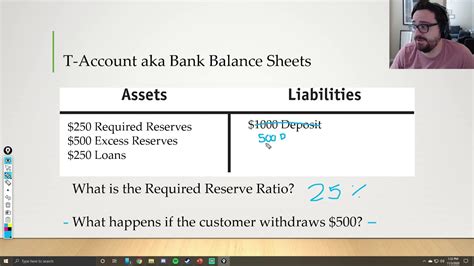Balance is an essential part of life. It is the key to success in all areas of life, from personal relationships to professional endeavors. When we are balanced, we are able to manage our time and energy effectively, we are able to handle stress and adversity with grace, and we are able to make decisions that are in our best interests.

The Benefits of Balance
There are many benefits to living a balanced life. Some of the most notable benefits include:
- Improved physical health. When we are balanced, we are more likely to make healthy choices, such as eating a nutritious diet and exercising regularly. This can lead to a number of health benefits, including reduced risk of chronic diseases such as heart disease and diabetes.
- Improved mental health. Balance can also help to improve our mental health. When we are balanced, we are more likely to be happy and content with our lives. We are also more likely to be able to cope with stress and adversity without feeling overwhelmed.
- Improved relationships. Balance can also help to improve our relationships. When we are balanced, we are more likely to be able to communicate effectively, resolve conflicts peacefully, and build strong relationships with others.
- Increased productivity. Balance can also help to increase our productivity. When we are balanced, we are more likely to be able to focus on our tasks and get things done. We are also more likely to be able to manage our time and energy effectively.
- Greater success. Balance can also help us to achieve greater success in life. When we are balanced, we are more likely to be able to set goals, make plans, and take action towards achieving our goals. We are also more likely to be able to overcome obstacles and achieve success in all areas of our lives.
How to Achieve Balance
There are many ways to achieve balance in life. Some of the most effective strategies include:
- Set priorities. One of the most important things you can do to achieve balance is to set priorities. Decide what is most important to you in life and make sure that you spend your time and energy on those things.
- Create a schedule. Once you have set your priorities, create a schedule that will help you to achieve your goals. Make sure to schedule time for work, family, friends, and yourself.
- Be flexible. Things don’t always go according to plan, so it’s important to be flexible. If something unexpected comes up, don’t be afraid to adjust your schedule.
- Take breaks. It’s important to take breaks throughout the day, even if it’s just for a few minutes. Get up and move around, or step outside for some fresh air. Taking breaks will help you to stay focused and productive.
- Delegate. If you’re feeling overwhelmed, don’t be afraid to delegate tasks to others. This will free up your time so that you can focus on the things that are most important to you.
- Say no. It’s okay to say no to things that you don’t have time for or that you don’t want to do. Don’t be afraid to protect your time and energy.
- Take care of yourself. It’s important to take care of yourself physically, mentally, and emotionally. Eat a healthy diet, exercise regularly, and get enough sleep. Taking care of yourself will help you to stay balanced and healthy.
Common Mistakes to Avoid
There are a few common mistakes that people make when trying to achieve balance. Some of the most common mistakes include:
- Trying to do too much. One of the biggest mistakes you can make is to try to do too much. It’s important to set realistic goals and to pace yourself.
- Not being flexible. Things don’t always go according to plan, so it’s important to be flexible. If something unexpected comes up, don’t be afraid to adjust your schedule.
- Ignoring your needs. It’s important to take care of yourself, both physically and emotionally. Don’t ignore your needs or you will eventually burn out.
- Feeling guilty. It’s okay to take time for yourself. Don’t feel guilty for taking breaks or for saying no to things that you don’t have time for.
- Comparing yourself to others. Everyone is different and everyone has different needs. Don’t compare yourself to others and try to achieve their level of balance.
FAQs
1. What is balance?
Balance is the state of being in equilibrium. It is the ability to manage your time and energy effectively, to handle stress and adversity with grace, and to make decisions that are in your best interests.
2. What are the benefits of balance?
The benefits of balance include improved physical health, improved mental health, improved relationships, increased productivity, and greater success.
3. How can I achieve balance?
You can achieve balance by setting priorities, creating a schedule, being flexible, taking breaks, delegating, saying no, and taking care of yourself.
4. What are some common mistakes to avoid when trying to achieve balance?
Some common mistakes to avoid include trying to do too much, not being flexible, ignoring your needs, feeling guilty, and comparing yourself to others.
Conclusion
Balance is an essential part of life. It is the key to success in all areas of life, from personal relationships to professional endeavors. When we are balanced, we are able to live healthier, happier, and more successful lives.
